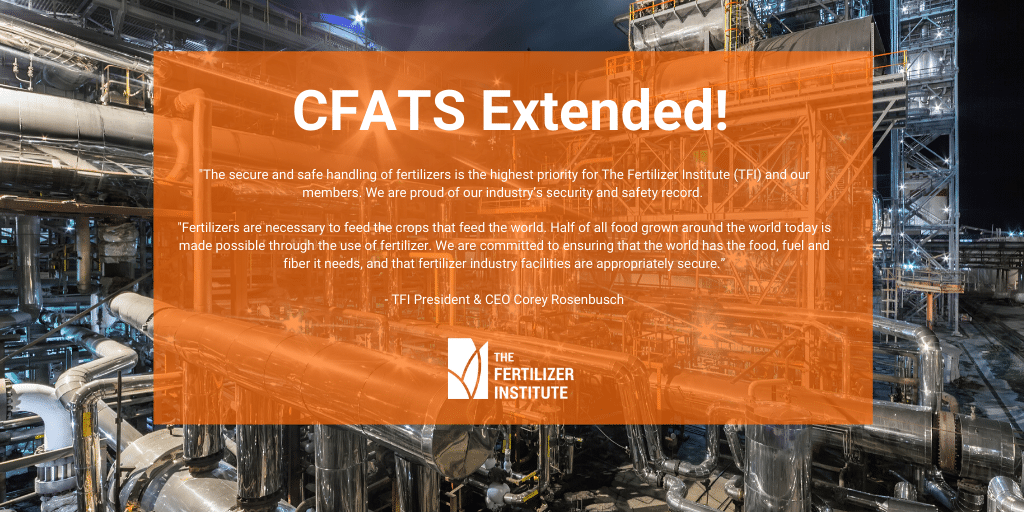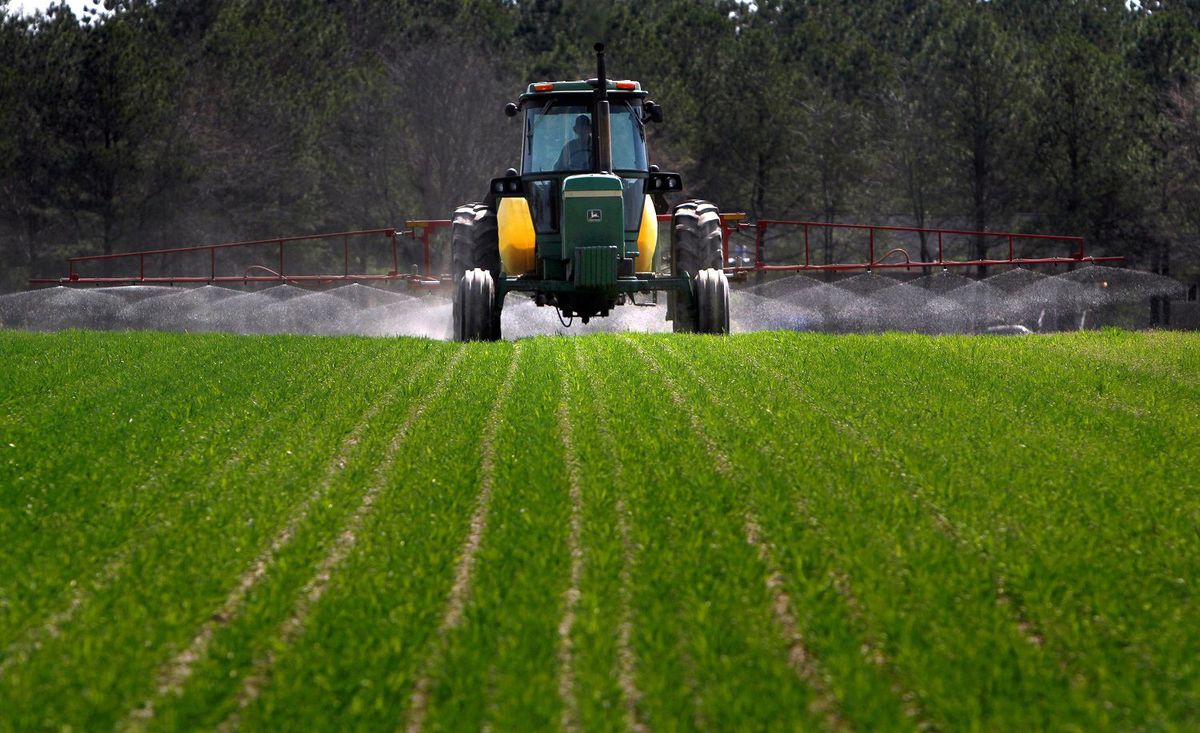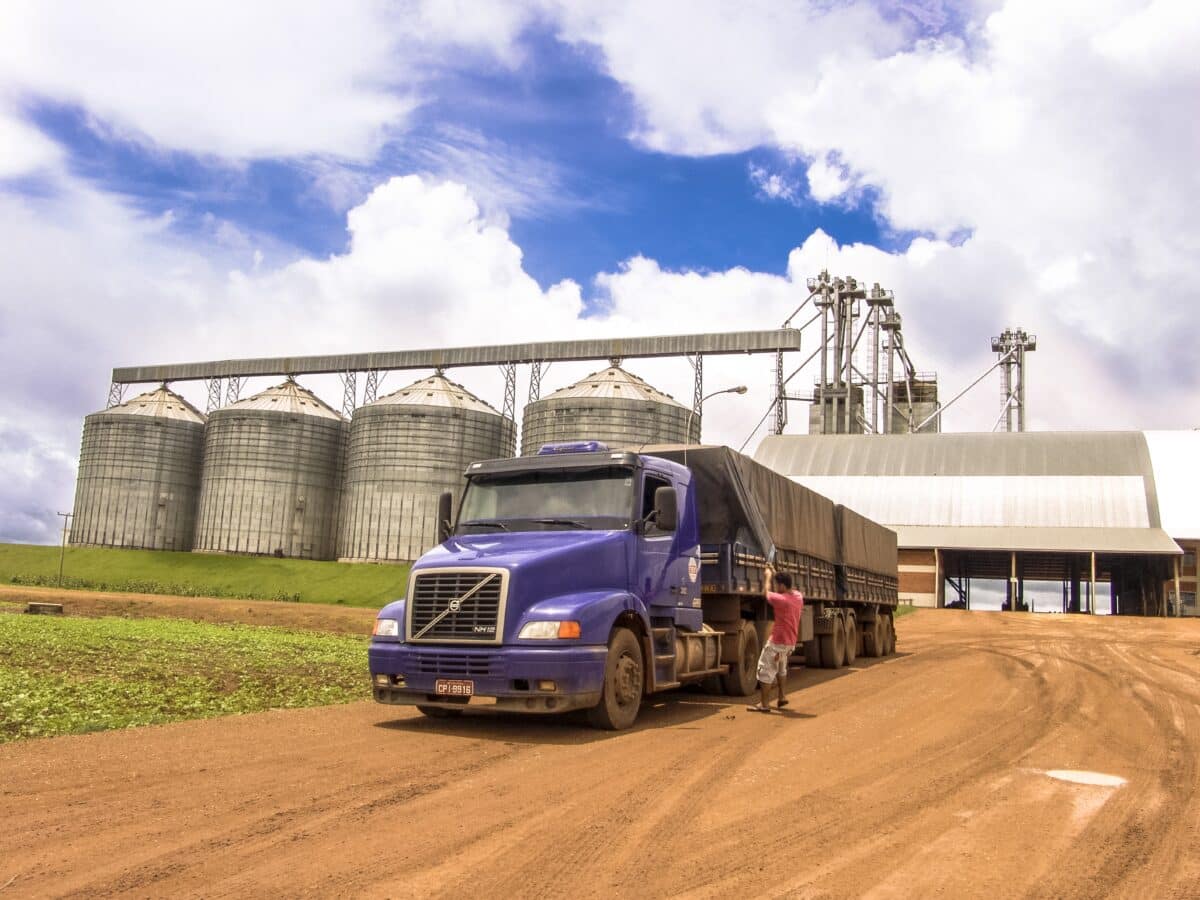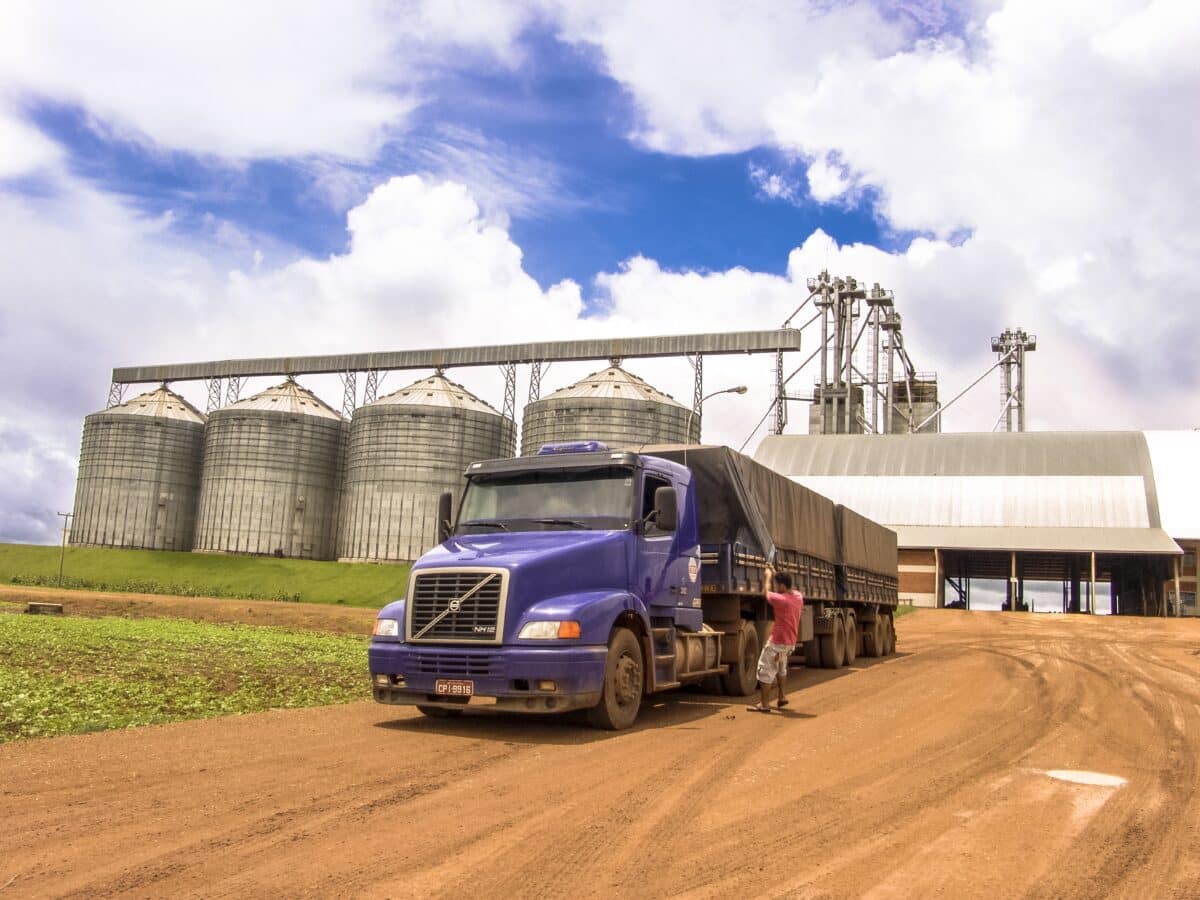TFI Applauds House Passage of WRDA Bill

WASHINGTON, D.C. – The Fertilizer Institute (TFI) President and CEO Corey Rosenbusch today praised the U.S. House of Representatives for passing the Water Resources Development Act of 2020 (WRDA).
TFI extends a special thanks to Chairman DeFazio and Ranking Member Graves for their work on this bipartisan legislation. “Our nation’s transportation infrastructure is critical to agriculture and rural America’s competitive advantage in world markets, and WRDA provides vital support for that network,” said Rosenbusch. “WRDA is the foundation for the modernization of our nation’s inland waterways and ports, which are an integral component of the fertilizer distribution system.”
TFI is especially pleased with the inclusion of a key modification to the cost-share for inland waterways projects. “The cost-share change should steer more funding toward inland waterway projects,” Rosenbusch continued. “On a ton-mile basis, approximately one-third of fertilizer moves on the inland barge system and these projects are absolutely critical to the safe and efficient distribution of fertilizers.”
Highlighting the importance of WRDA and the need for modernizing the country’s aging water infrastructure, Rosenbusch noted the 700 percent increase in unscheduled work stoppages for repairs of locks and dams built nearly a hundred years ago but designed only to last 50 years. “These delays are not only disastrous for the farmers who receive much of the almost 70 million tons of fertilizer each year via our nation’s waterways, they can also raise the prices of everyday goods and food for consumers. The WRDA bill passed by the House today is a step in the right direction and I urge the Senate to take action and quickly pass a WRDA bill.”
###
The Fertilizer Institute (TFI) is the leading voice of the nation’s fertilizer industry. Tracing its roots back to 1883, TFI’s membership includes fertilizer producers, wholesalers, retailers and trading firms. TFI’s full-time staff, based in Washington, D.C., serves its members through legislative, educational, technical, economic information and public communication programs. Find more information about TFI online at TFI.org and follow us on Twitter at @Fertilizer_Inst. Learn more about TFI’s nutrient stewardship initiatives at nutrientstewardship.org and on Twitter at @4rnutrients.








